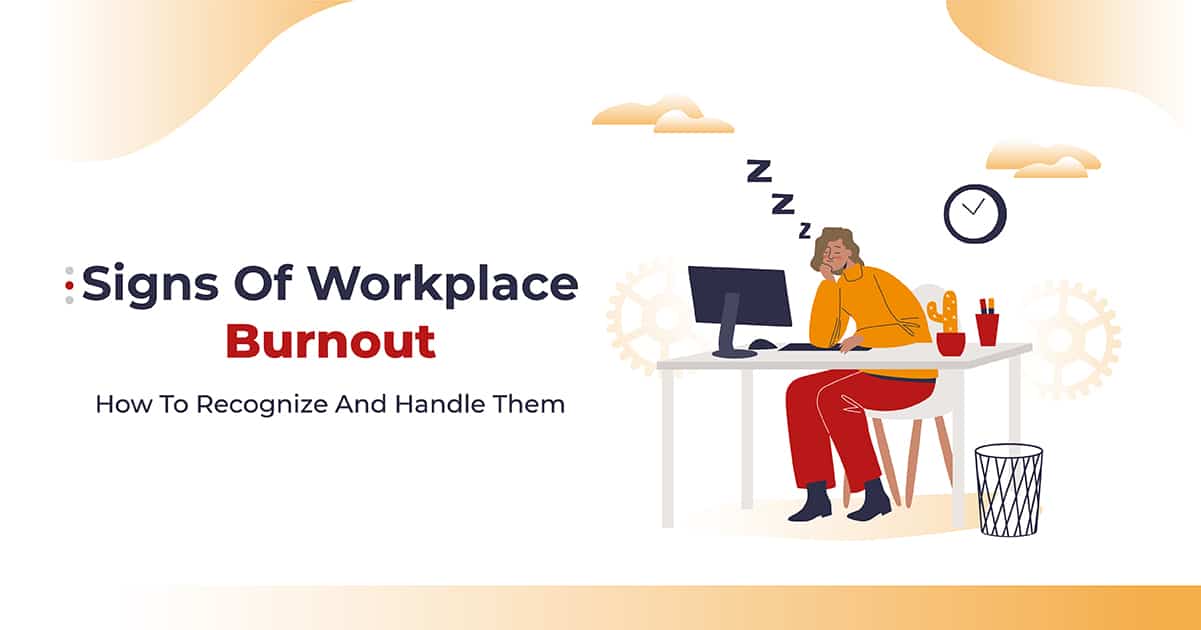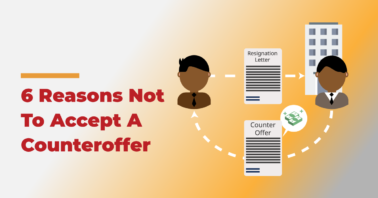Do you feel like you’re constantly running on empty? Are you struggling to motivate yourself to do your work? You may be experiencing workplace burnout. Burnout is a very real phenomenon that can affect anyone in any profession. In this blog post, we will discuss the signs and how to deal with them if they occur.
Table of Contents
What is workplace burnout and how do you know if you’re experiencing it?
Workplace burnout is a state of physical, mental, and emotional exhaustion that is caused by prolonged or chronic stress in the workplace. It can manifest itself in many different ways, both physically and emotionally.
Some common signs of workplace burnout include:
- Feeling constantly exhausted and drained
- Loss of motivation or interest in work
- Difficulty concentrating or remembering details
- Increased irritability or impatience
- Feeling like you’re never doing enough or are not good enough
If you are experiencing any of these symptoms, it’s important to take action to prevent burnout from taking over your life.
How to recognize burnout in yourself
If you’re struggling to motivate yourself to do your work, it may be a sign that you are experiencing burnout. It’s important to take some time for yourself and assess how you’re really feeling. Are you tired all the time? Do you dread going to work? Are you finding it hard to concentrate or remember things? If you answered yes to any of these questions, burnout may be the cause.

How to recognize burnout in others
If you’re worried that someone you know is experiencing burnout, there are some signs to look out for. If the person seems unusually tired or drained, if they’re struggling to concentrate or remember things, or if they’ve lost interest in work or hobbies, these may be signs of burnout.
If you are a manager or supervisor, it’s important to be aware of the signs of burnout in your employees. Some common signs to look for include:
- Increased absenteeism
- More mistakes or errors are being made
- Decreased productivity
- Difficulty completing tasks
- Increased irritability or impatience
If you notice any of these signs in your employees, take action to prevent burnout from occurring.
How to deal with the symptoms of workplace burnout
If you’re experiencing burnout, it’s important to take steps to recover. Here are some things you can do to deal with the symptoms:
- Take a break. If possible, take some time off from work. This will give you a chance to recharge and come back feeling refreshed.
- Talk to someone. Talking to someone about how you’re feeling can be incredibly helpful. Whether it’s a friend, family member, therapist, or counsellor, talking about your experiences can help you process them and find ways to cope.

- Make lifestyle changes. Taking care of yourself is crucial when dealing with burnout. Eating a healthy diet, exercising regularly, and getting enough sleep are all important factors in recovery.
- Seek professional help. If you’re struggling to cope on your own, seeking professional help may be the best option. A therapist or counsellor can help you understand and manage your symptoms.
Prevention tips for avoiding workplace burnout
Burnout doesn’t have to be a part of your job. There are things you can do to prevent it from occurring. Here are some tips:
– Make sure you’re taking breaks. It’s important to step away from work every now and then to recharge. Taking a few minutes to yourself can make a big difference.
– Find a hobby or activity outside of work that you enjoy. Doing something you love can help reduce stress and improve your mood.

– Set boundaries with work. Don’t take on more than you can handle, and learn to say no when necessary.
– Talk to someone if you’re feeling overwhelmed or stressed at work. Talking about your experiences can help you find ways to cope with them.
If you’re worried about burnout, these tips can help you prevent it from occurring.
Burnout is a serious issue that can have a major impact on your life. If you think you may be experiencing it, it’s important to take action. Recognizing the signs and symptoms is the first step. From there, you can take steps to recover and prevent burnout from happening again.
Do you think you might be experiencing burnout? Have you ever dealt with burnout before? Share your experiences in the comments below. And if you found this article helpful, please share it with others!





